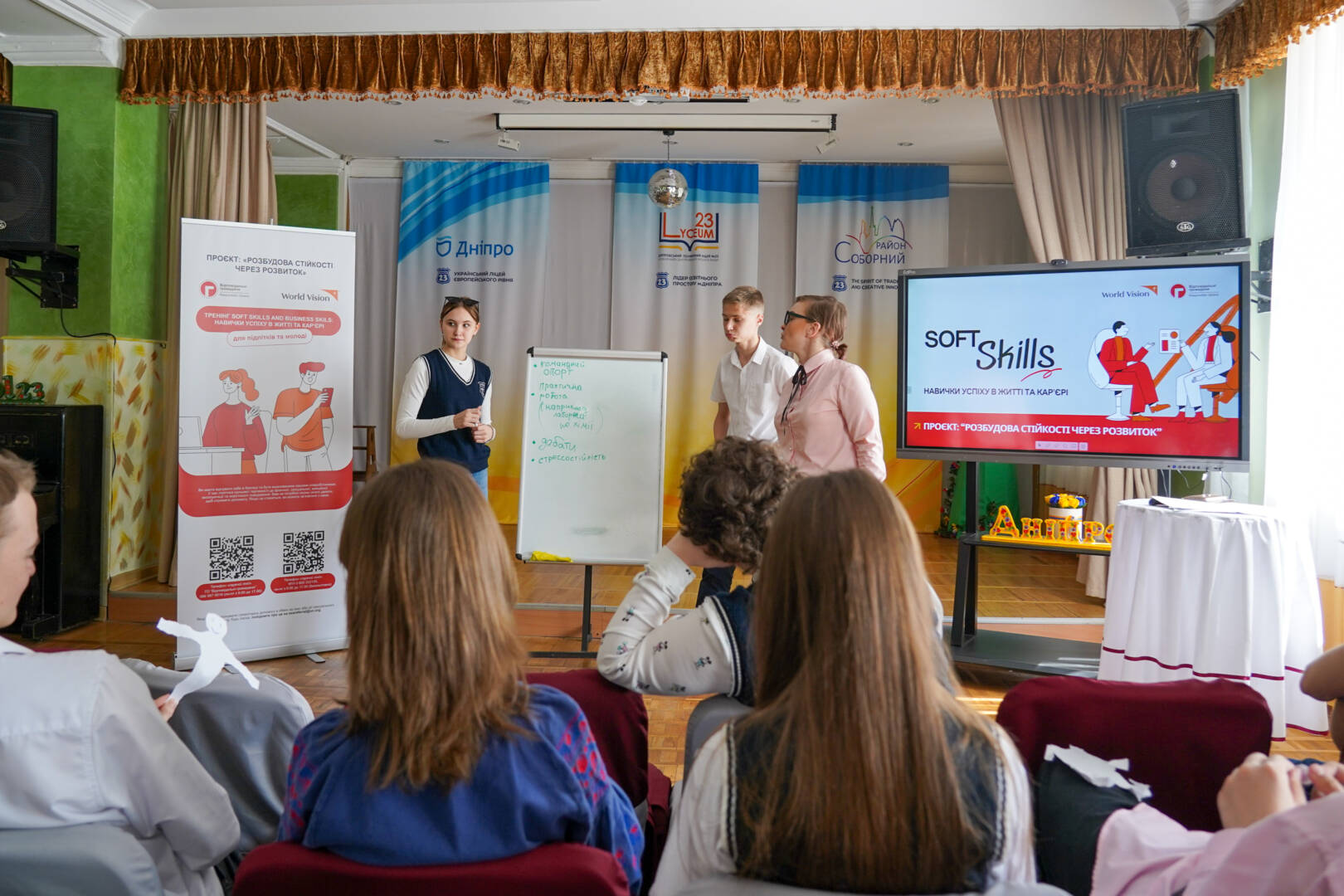Strengthening Ukrainian children’s education through training
Story by Anna Lukianenko & photos by Laurentia Jora
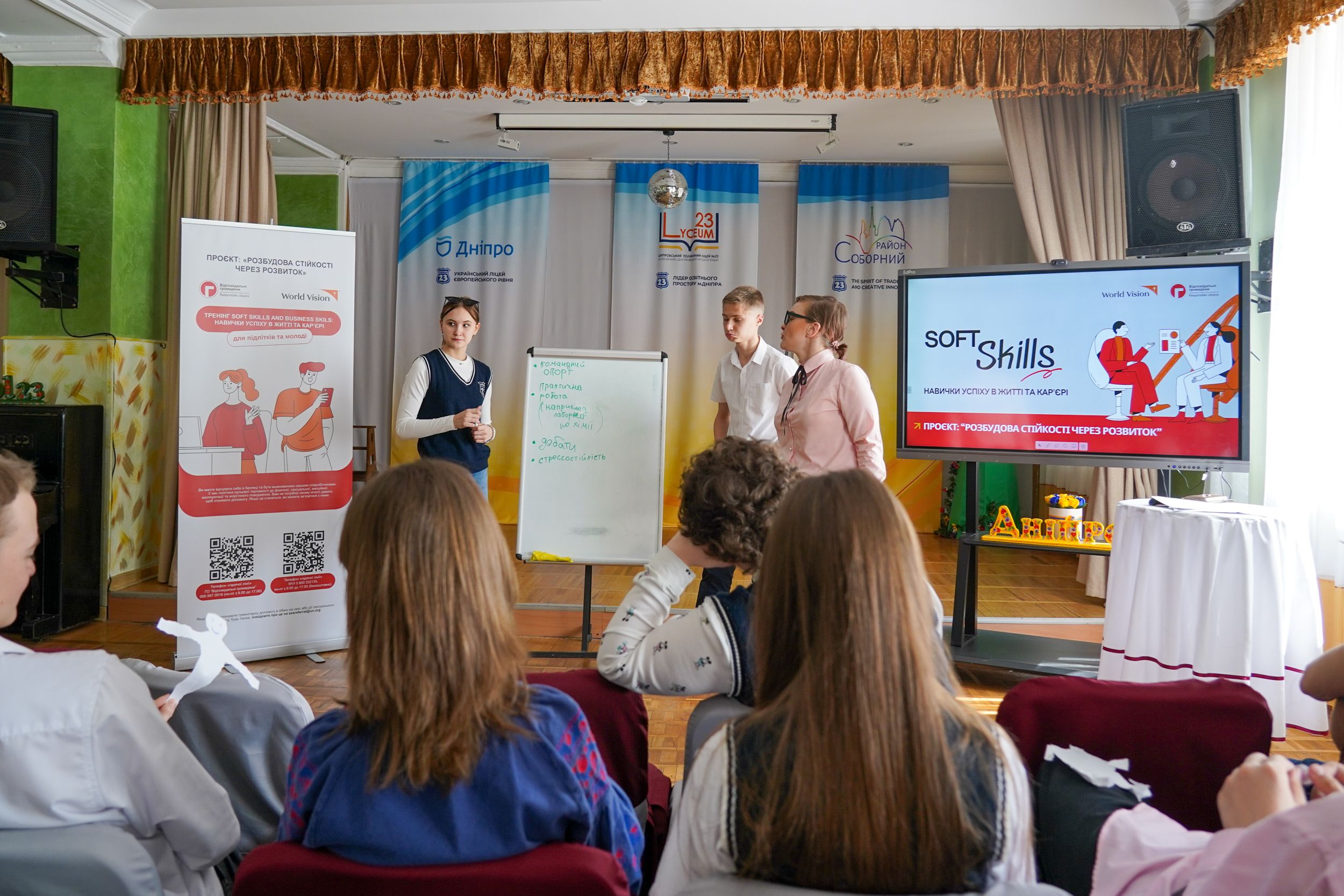
Soft skills training helps prepare displaced students in Ukraine so they can navigate better in their new location.
Soft skills training helps prepare displaced students in Ukraine so they can navigate better in their new location.
The COVID-19 pandemic took a toll on education around the world, and students in Ukraine weren’t spared. Now the war in Ukraine poses more dire challenges for education. Since February 24, 2022, 363 kindergartens and schools have been destroyed and 2,246 damaged in Ukraine, and the numbers continue increasing.
The eastern part of Ukraine, including Donetsk, Luhansk, Kharkiv, Mykolayiv, and Kherson Oblasts, faces the highest level of damage. Local governments work to restore conventional education, and the humanitarian sector plays a vital part in assisting students, particularly those displaced by the war.
According to UNICEF, half of Ukrainian children — nearly 2 million students — rely on online learning either exclusively or partially, with many facing issues such as online learning fatigue and unstable internet connections, particularly in conflict zones.
Supporting teachers and students
For Ukrainian adolescents, so many challenges include external factors that are not within their control — evacuation, frequent air raids, power outages, and limited or no access to the internet. That means some students can’t even do online classes.
Maintaining education programming during emergencies is critical because, in addition to meeting basic needs, it also promotes long-term stability and resilience in affected children. Beyond food, shelter, and healthcare, education provides a sense of normalcy and routine, which is especially crucial for children and youth who have been distressed or displaced.
The lack of learning and limited interaction between teachers and peers has intensified mental health issues among students in Ukraine, including increases in anxiety, depression, and post-traumatic stress disorder. Seeing this need, World Vision is working with local partner Responsible Citizens to lead a series of in-person trainings that help build resilience in children, equipping them with tools to continue their education and to cope with upheaval caused by the war.
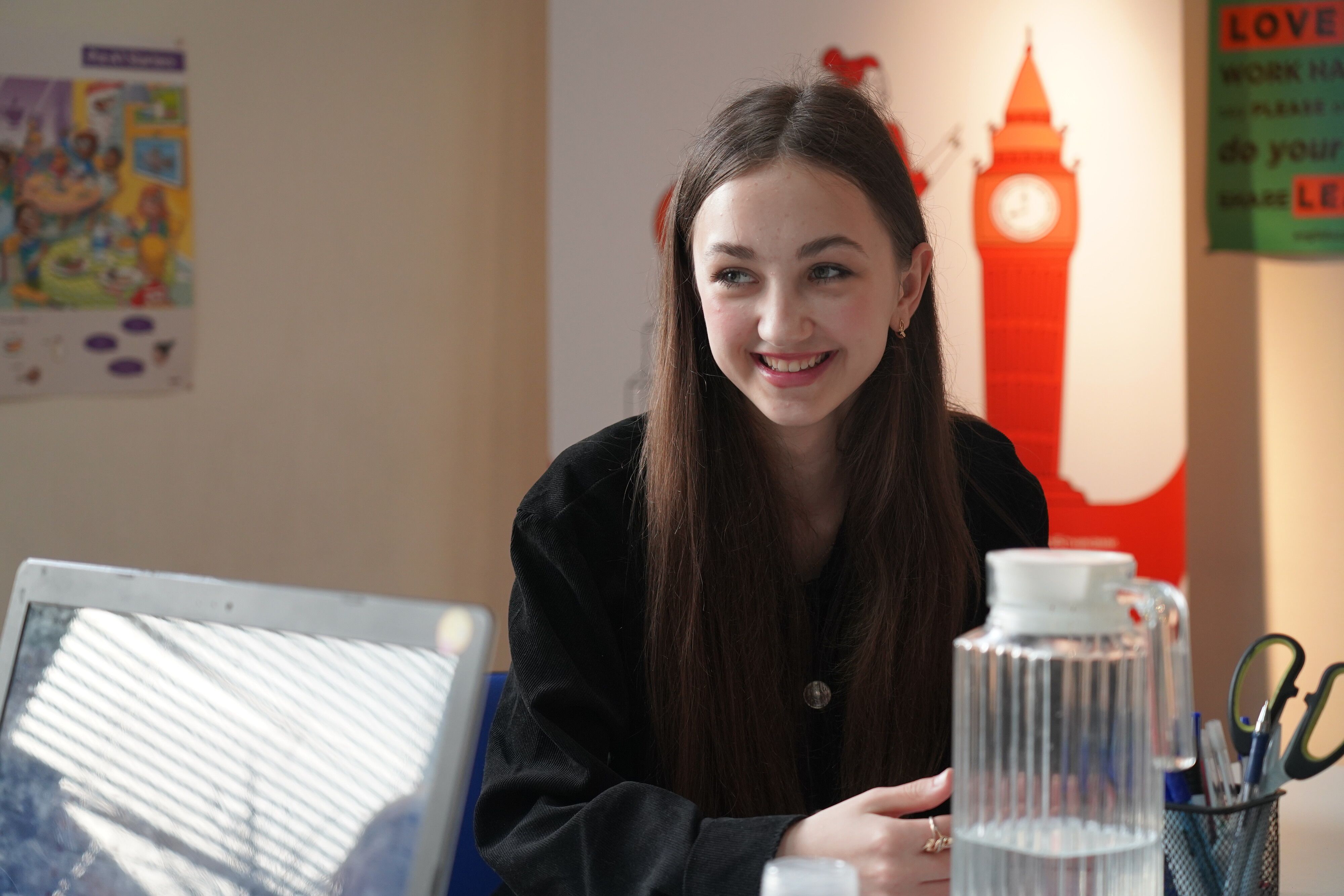
Seventeen-year-old Yulia says that the English classes she takes are a “lifeline.”
Seventeen-year-old Yulia says that the English classes she takes are a “lifeline.”
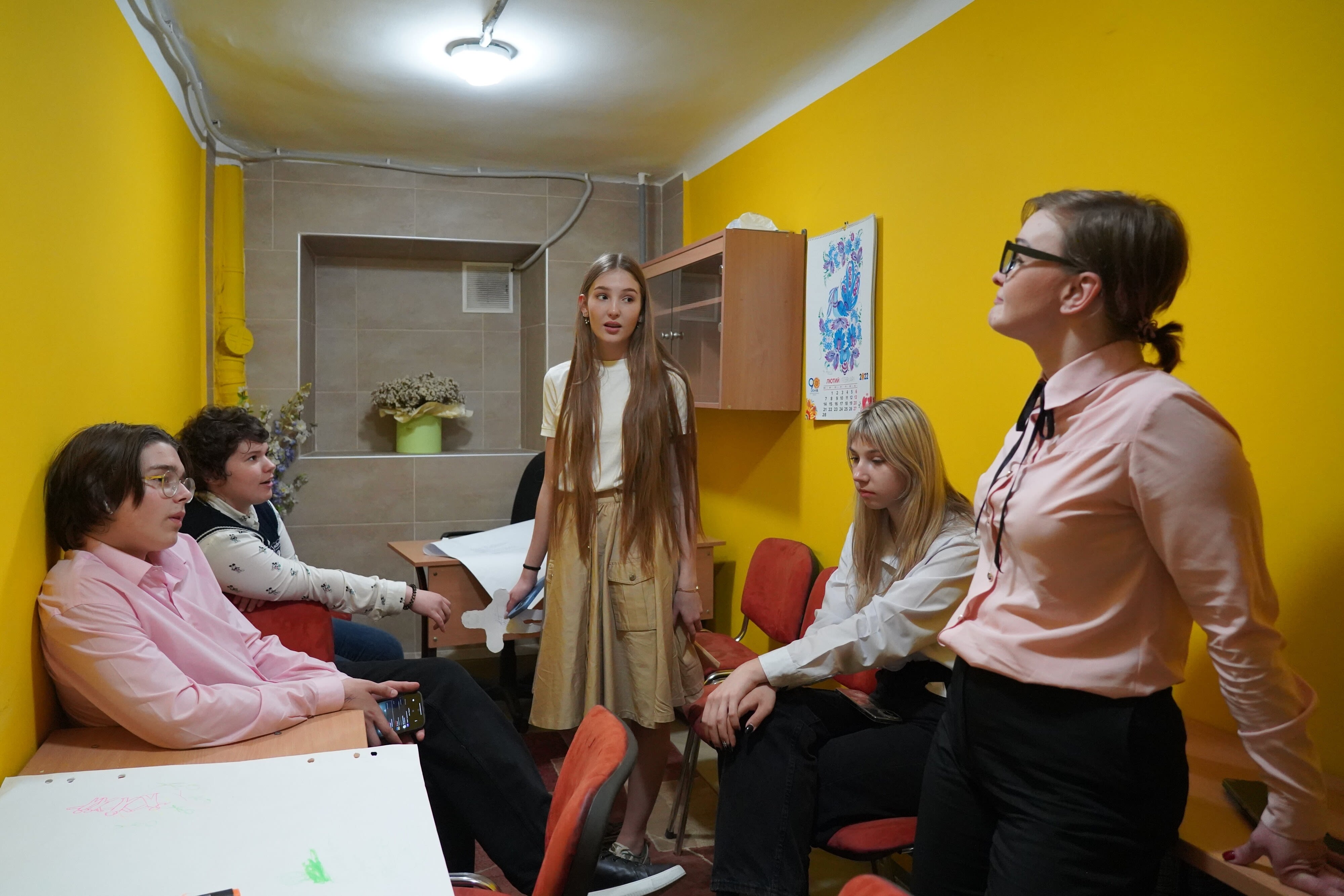
Teenagers and their tutor continuing soft skills training in a shelter at school during an air raid in Dnipro.
Teenagers and their tutor continuing soft skills training in a shelter at school during an air raid in Dnipro.
Continuing education
This project provides a protective environment for internally displaced students, sheltering them from threats, such as violence and exploitation, and giving them a safe place to grow.
Olga Kosse, chairman of the board of Responsible Citizens, emphasizes the project’s priority to operate in smaller communities, particularly those near the front lines: “We have directed our efforts primarily to such areas where people lack resources for additional education for their children.”
The project includes several educational initiatives. A crucial component is intensive English classes for teenagers and adults, which respond directly to community needs for language skills development. The English sessions are held face-to-face twice a week.
“Education keeps me focused on the future, even in the midst of hardship. It’s my lifeline — an opportunity to better comprehend the world and prepare myself for whatever comes next,” says Yulia, 17, who fled from Adviivka, Donetsk Oblast.
In addition to supporting children and adolescents, the program offers English and retraining classes for parents facing job loss or displacement, including social media marketing, accounting, and web design.
Helping children and adults cope with mental health issues
Loss of education, mental health issues, and other psychological challenges wrought by the war highlight the need for soft skills to bridge social and emotional gaps.
World Vision and Responsible Citizens are helping meet that need by also providing soft skills trainings for youth that aim to increase interpersonal skills, communication abilities, emotional intelligence, and other non-technical abilities. They improve communication, leadership, problem-solving, and teamwork/collaboration skills.
Andriy, a 15-year-old student in Dnipro, emphasizes the importance of such training in preparing for life beyond academics. “These courses help me to think about the things I am interested in [and] to find common ground with different people. They teach us to work as a team,” says Andriy.
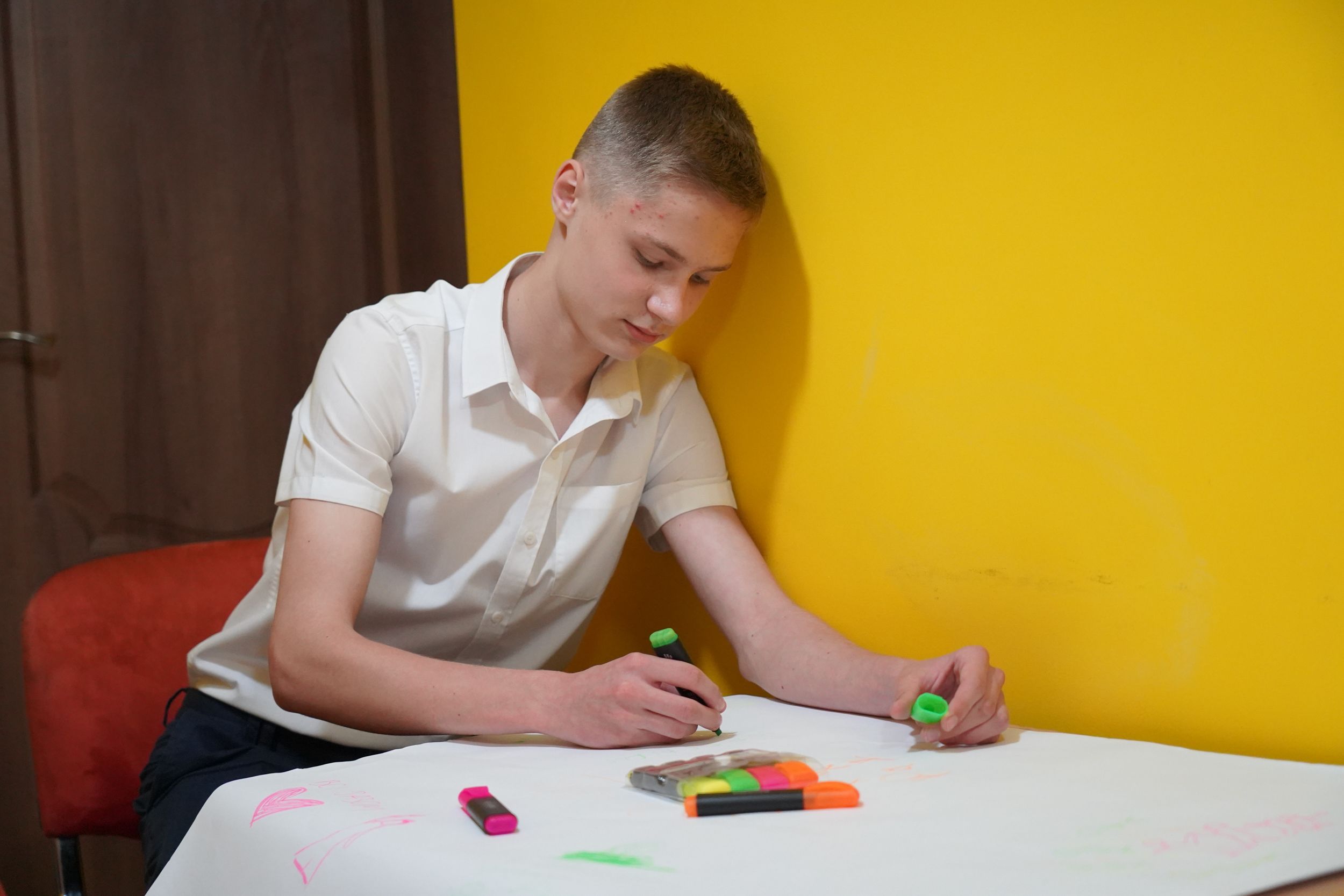
Andriy does an exercise at the soft skills training.
Andriy does an exercise at the soft skills training.
“These skills, though not taught through textbooks or exams, significantly influence professional success and resilience to stress, particularly in today’s challenging settings,” explains Alina Garanchenko, the facilitator of the training, who worked as a psychologist for more than 13 years.
As of June 2024, World Vision has supported more than 266,000 children with education programming through our Ukraine crisis response.
World Vision continues to serve families whose lives have been turned upside down by the war in Ukraine. We work to meet immediate physical needs through food security, water access, and shelter assistance, while also helping support health, education, livelihoods, and child protection so that children and families can find ways move forward despite the war raging all around them.
Story published on August 14, 2024
Help children and families affected by the Ukraine crisis
-
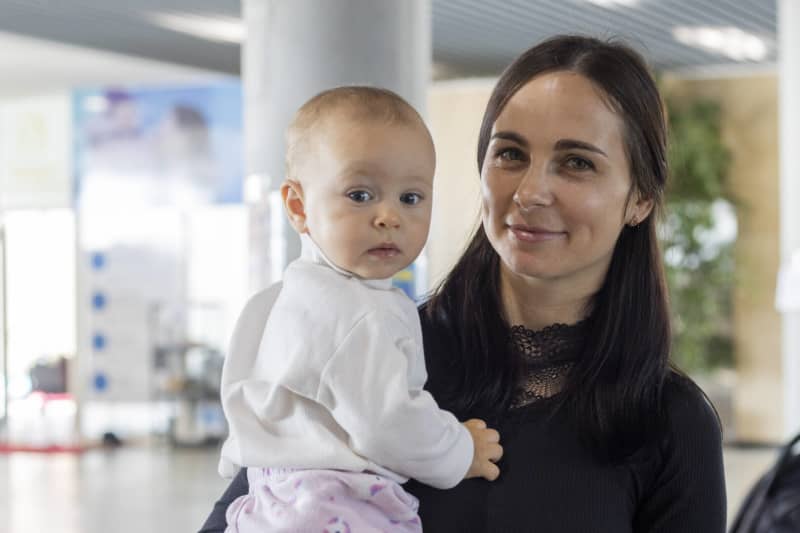
Ukraine crisis: Facts, FAQs, and how to help
As the war in Ukraine enters its first year, vulnerable children and families continue to suffer. Learn more about the Ukraine refugee crisis and what World Vision is doing to help affected children and families. -
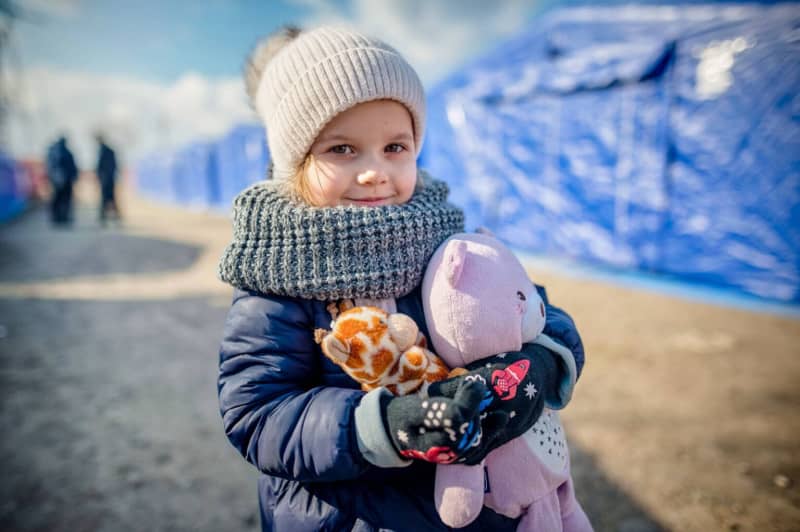
War in Ukraine: Displacement and refuge
As the war in Ukraine marks its first year, World Vision continues to bring our global expertise in partnering to support children and their families impacted by the conflict. -
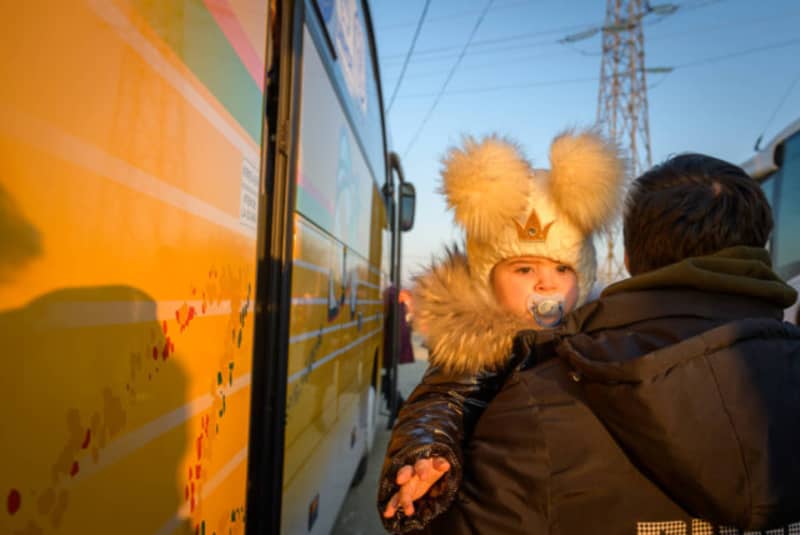
Helping refugees from Ukraine during a time of crisis
Learn how World Vision is caring for Ukrainian refugees as well as people in neighboring countries who are opening their homes, volunteering to serve, and working to create a sense of home in this time of trouble.

